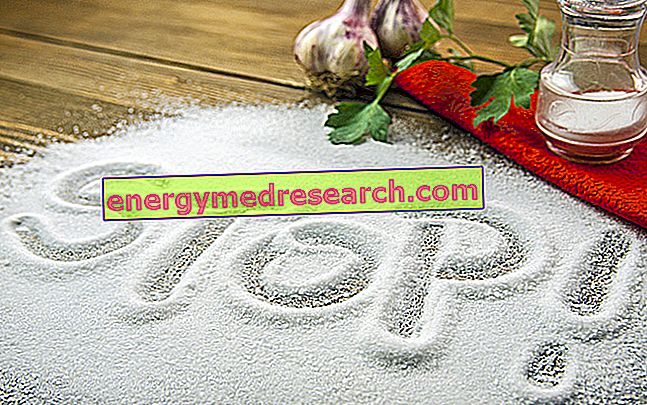Related articles: Atherosclerosis
Definition
Atherosclerosis is a disease of the arteries of medium and large caliber, on whose inner walls are formed plaques consisting of lipids and scar tissue. These aggregates, called atheromas, can grow to such an extent that they obstruct the blood flow, or - in the worst case scenario - break away and completely occlude a smaller vessel (thrombosis). In western countries atherosclerosis is a very common disease among adults and the elderly, due to the spread of smoking, sedentariness and high-calorie diets rich in fats and sugars.Most common symptoms and signs *
- Tinnitus
- Tinnitus
- Aphasia
- Fleeting love
- Asthenia
- Decline in sexual desire
- Cardiomegaly
- Cyanosis
- Intermittent claudication
- Night Cramps
- Muscle cramps
- Dysarthria
- Erectile dysfunction
- Chest pain
- Foot pain
- Pain in the sternum
- hemiparesis
- Hemiplegia
- Atrial fibrillation
- Ventricular fibrillation
- Tingling in the right arm
- Tingling in the Left Arm
- Tingling in the right hand
- Tingling in the hands
- Tingling in the legs
- Intracranial hypertension
- Hypoxia
- Livedo Reticularis
- Headache
- Paresthesia
- Nosebleeds
- Raynaud's syndrome
- Confusional state
- Dizziness
Further indications
Atherosclerosis is a disease that progresses very slowly and is asymptomatic in the early stages (the first changes can be seen already around 20 years). Towards middle age and old age, on the other hand, atheromas are often accompanied by complications such as angina pectoris, heart attack and stroke. More generally, the symptoms of atherosclerosis depend on which or which arteries are affected by the obstructive process



